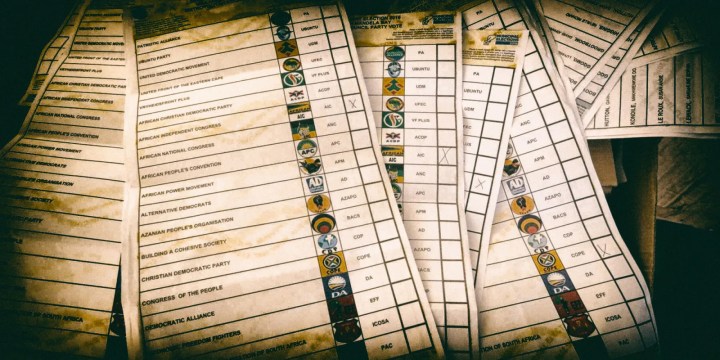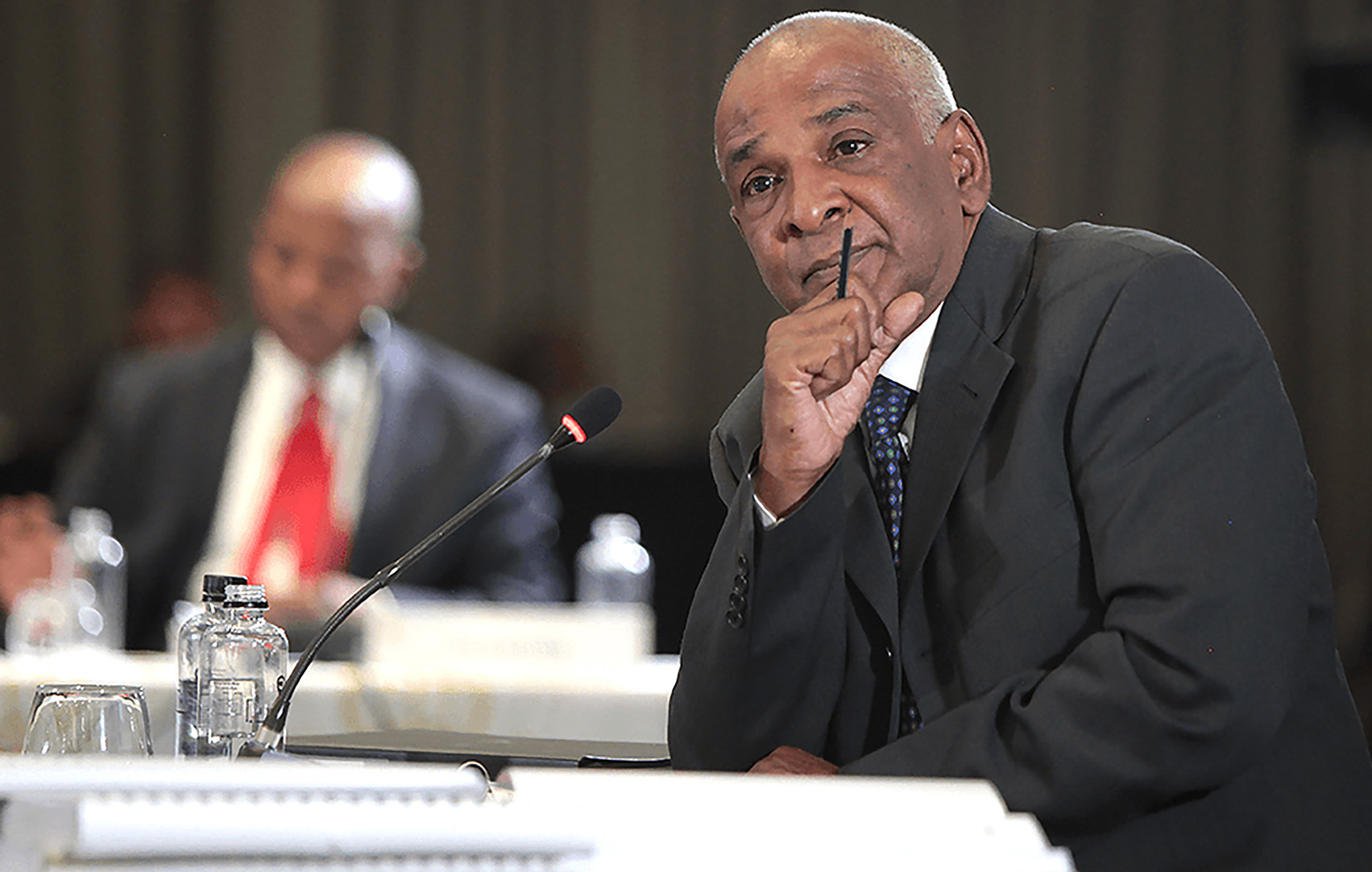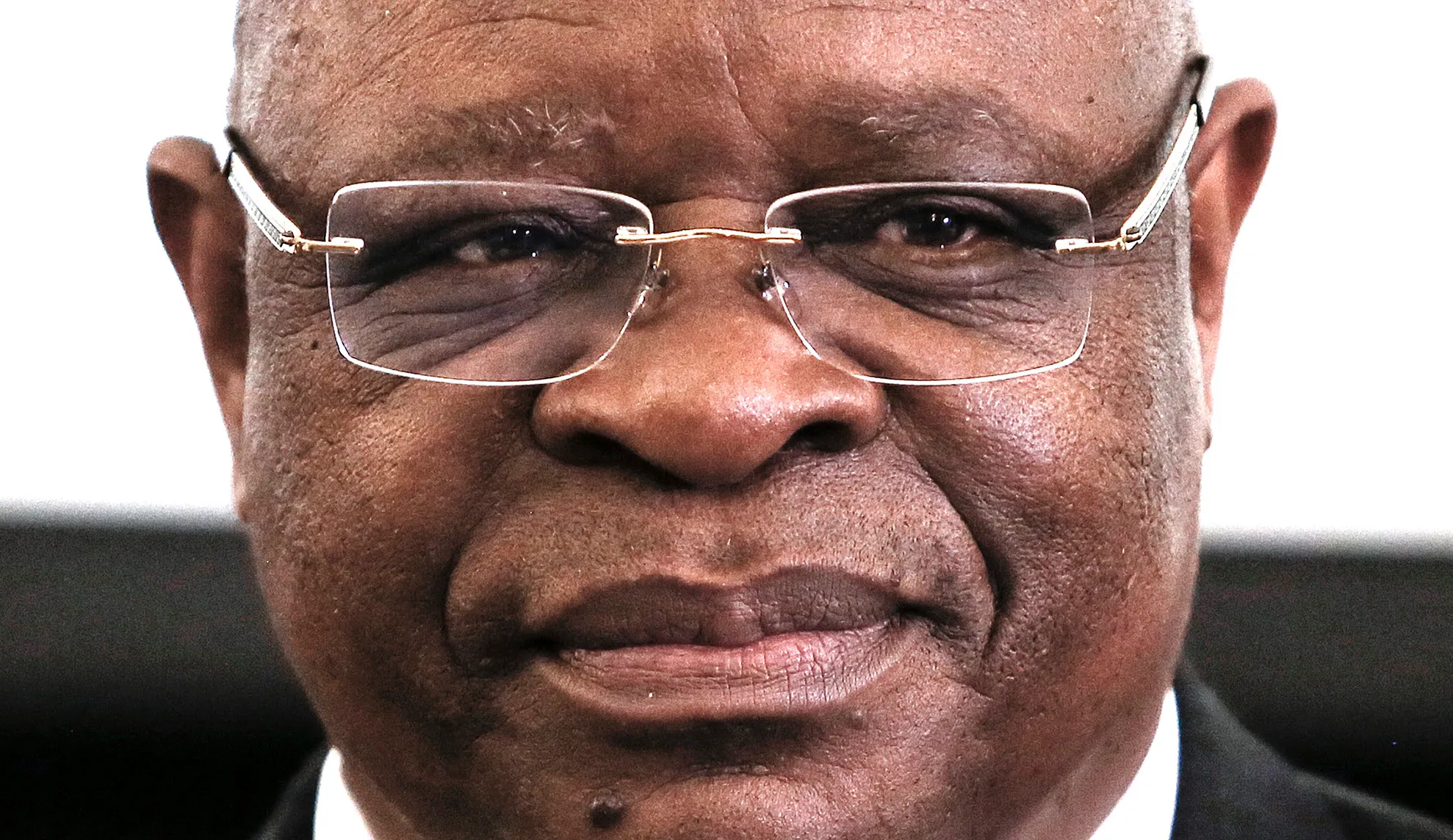ROAD TO 2024 ELECTIONS
ConCourt’s landmark judgment means independents only need 1,000 signatures to contest

Independent candidates will no longer have to jump through hoops to contest the 2024 elections after a landmark Constitutional Court judgment on the Electoral Amendment Act. Ruling the 11,000 to 14,000 signature requirement unconstitutional, the court said that independent candidates need only secure 1,000 signatures to participate in the highly anticipated poll.
Independent candidates can now contest the 2024 elections on a more level playing field after the Constitutional Court delivered a landmark judgment on Monday.
In a legal challenge to the Electoral Amendment Act, activist movement One South Africa (OSA) questioned the constitutionality of the signature requirement for independent candidates and new political parties. Justice Jody Kollapen agreed with OSA’s challenge, ruling that the requirement was unconstitutional.

Constitutional Court Judge Jody Kollapen. (Photo: Facebook)
The Electoral Amendment Act set the threshold to contest the elections at 15% of the number of votes needed for one seat in the National Assembly, meaning that both independents and new political parties would have to amass between 11,000 and 14,000 signatures to be eligible to participate.
Previously, political parties were only required to acquire 1,000 signatures to contest the polls.
OSA argued that the requirement did not fulfil any legitimate government purposes, but served only to unjustifiably, arbitrarily and disproportionately create a barrier for independents to contest the elections.
Agreeing with OSA, Justice Kollapen ruled the requirement unconstitutional, claiming the 15% signature requirement goes beyond being a regulatory requirement and is a limitation of the independent candidate’s right to hold office.
Kollapen said that given the time crunch before the highly anticipated elections, sending the Electoral Amendment Act back to Parliament was not an option. He struck the 15% signature requirement from the Act and ordered an interim “reading in” of a new requirement of 1,000 signatures.
Referring to the landmark ruling that paved the way for independents to contest the national and provincial elections, Kollapen said, “The new nation has led to a historic moment in the relatively short journey of our young constitutional democracy. Parliament meets this historic moment with a first-of-its-kind signature requirement for independent candidates.
“We must be cautious and guard against such a requirement becoming a barrier to contestation. In effect, the signature requirement, if left undisturbed, will render somewhat hollow the enormous promise that the new nation heralded in unlocking and giving effect to section 19 of the Constitution fully and properly.”
Kollapen’s judgment contrasts with one penned by Chief Justice Raymond Zondo in the same case, which found that OSA failed to substantiate why the 15% signature requirement was a barrier to contesting the elections or why it was unfair.

Chief Justice Raymond Zondo. (Photo: Gallo Images / Felix Dlangamandla)
In a minority judgment, Zondo ruled the 15% signature requirement does not affect the rights of independent candidates and dismissed the challenge.
However, the majority of justices concurred with Kollapen’s judgment, meaning that OSA’s challenge was ultimately upheld.
National Assembly seat allocation
While OSA clinched victory, the same cannot be said for the Independent Candidates’ Association South Africa’s challenge to how seats are allocated in the National Assembly.
In a unanimous judgment, the Constitutional Court dismissed the Independent Candidates’ Association South Africa’s challenge of the 200/200 split of National Assembly seats.
In its challenge, the Independent Candidates’ Association South Africa took exception to the fact that the amended law split the 400 seats in the National Assembly into 200 “regional seats” and 200 “compensatory seats”, with independent candidates being able to contest only the 200 regional seats. In contrast, political parties will compete on both portions of the ballot.
The organisation argued that independent candidates would have to get twice as many votes as political party candidates to gain a seat in the National Assembly because of the exclusion from contesting for the 200 compensatory seats.
In essence, the Independent Candidates’ Association South Africa claimed that the clause did not treat all election hopefuls in the same way. The association asked the court to substitute the 200/200 split with a 350/50 split.
Handing down judgment, Justice Nonkosi Mhlantla said the 200/200 split passed the reasonableness test because it was grounded in proportional representation and would have little risk of “overhang”.
Mhlantla dismissed the notion that votes for independent candidates carried less weight than for political parties.
“[The challenge] is based on the assumption that the voter will vote the same on both (the provincial and national) ballots. But many voters split their votes, and the 200/200 split was [neither] irrational, nor did it impinge on any rights in the Bill of Rights,” Mhlantla said.
The Independent Candidates’ Association South Africa’s application was unanimously dismissed, and the court ordered all parties to pay their own costs. DM

















While I’m all for more representation in our tone-deaf national assembly, I worry that independents will become pawns of larger parties like the horse-trading in municipal councils with smaller parties.
The playing fields need to be levelled and the parties contrsting elections of Agust 2024 be resourced equally & not on historical basis once the date of elections has been gazetted